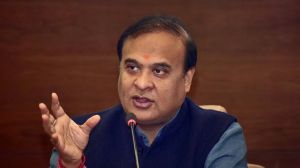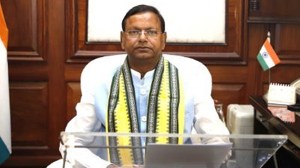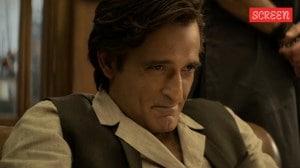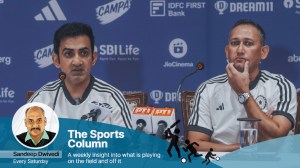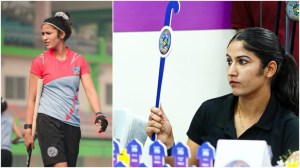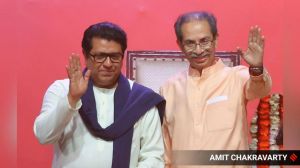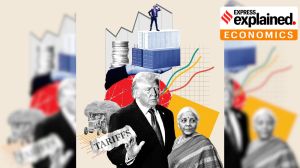Hard mathematics
Elections aren8217;t fair. This much you know, and if you8217;ve observed American politics at all, you8217;ve likely even drawn up a bill of particulars...

Elections aren8217;t fair. This much you know, and if you8217;ve observed American politics at all, you8217;ve likely even drawn up a bill of particulars: Start with the Electoral College, which offers the loser of the presidential popular vote a chance to win. Add the absurdly undemocratic primary process, in which Iowa is accorded a greater role than California in selecting our leaders. Then, of course, there are the hackable voting machines, the wildly inconsistent state-by-state voting rules, the scandalous campaign finance loopholes8230; George W. Bush got the White House because five judges and Ralph Nader put him there; if administered truth serum, would anyone, even Bush himself, call such a system fair?8230;
That8217;s because trouble with voting is not entirely human. It8217;s also mathematical. In 1948, the economist Kenneth Arrow chanced upon a surprising idea that would later help earn him the Nobel Prize. It concerns the basic difficulty of turning many people8217;s individual votes into a satisfactory choice for the whole society. Arrow proved that when people are selecting a leader out of more than two candidates 8230; there is no voting system that can arrange the population8217;s preferences in a way that accords with a few basic rules of fairness. Elections aren8217;t just a matter of adding up what everyone wants; the way you add it up, and the way you determine what the additions mean, Arrow showed, can be just as important to the outcome as the votes themselves.
The counting system the United States uses for most state and federal elections, called plurality voting, is probably the worst electoral system one can design, particularly susceptible to the 8220;spoiler effect.8221; 8230;If there are more than three people on the ballot, the candidates who share the most popular positions will split the vote, increasing the electability of the candidate whom the majority finds most objectionable8230;
Romantics envision voting as a kind of mirror held up against the public mood. But really voting is a fun-house mirror.
Excerpted from Farhad Manjoo8217;s review of William Poundstone8217;s 8216;Gaming the Vote: Why Elections Aren8217;t Fair and What We Can Do About It8217;, in Salon, February 12
- 01
- 02
- 03
- 04
- 05








